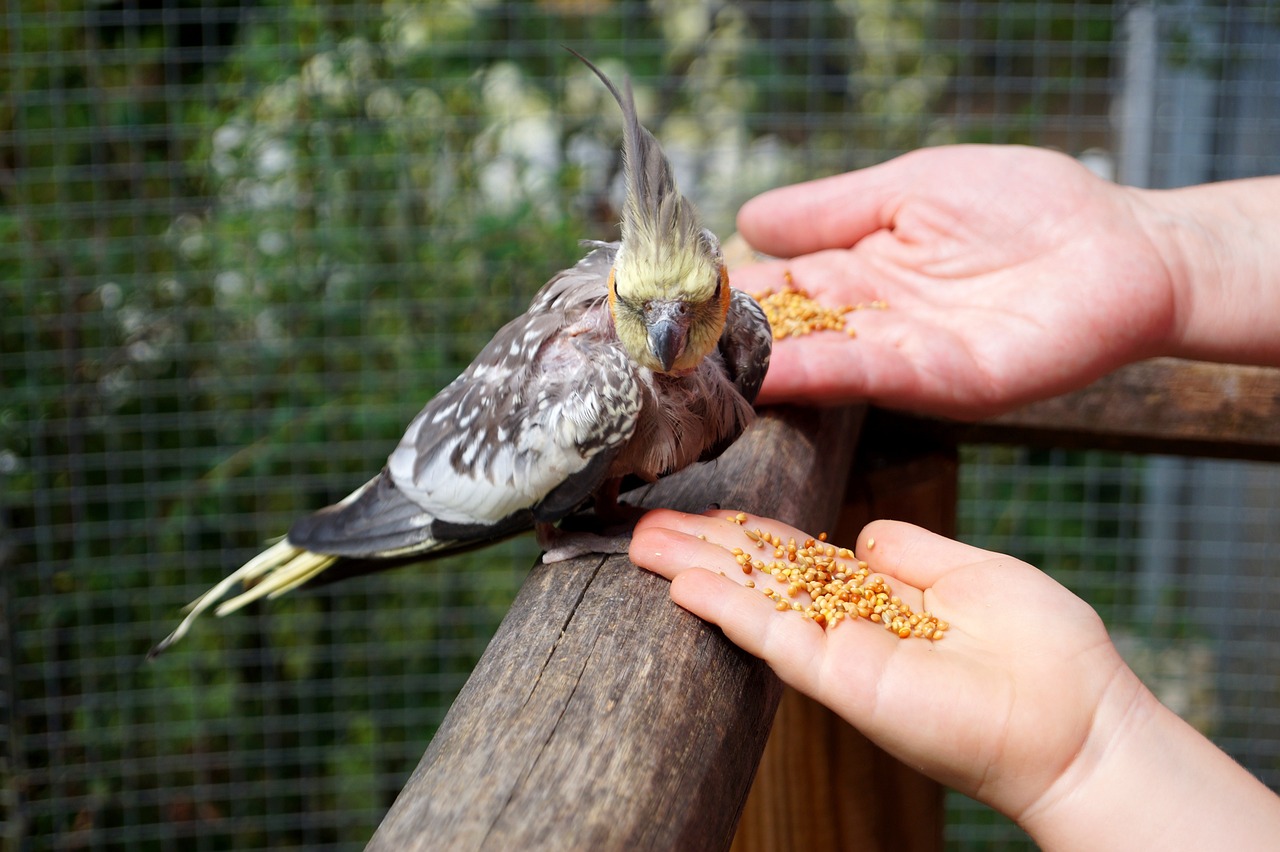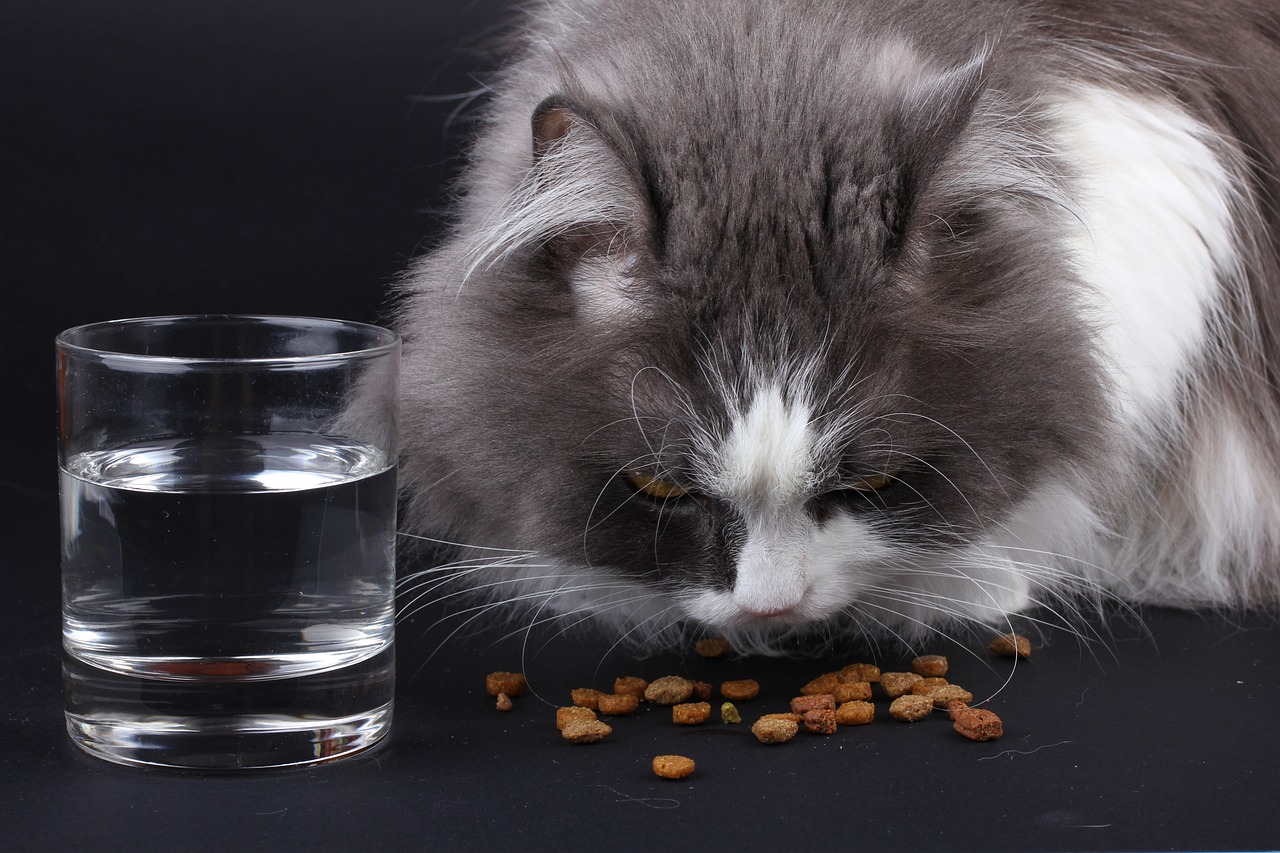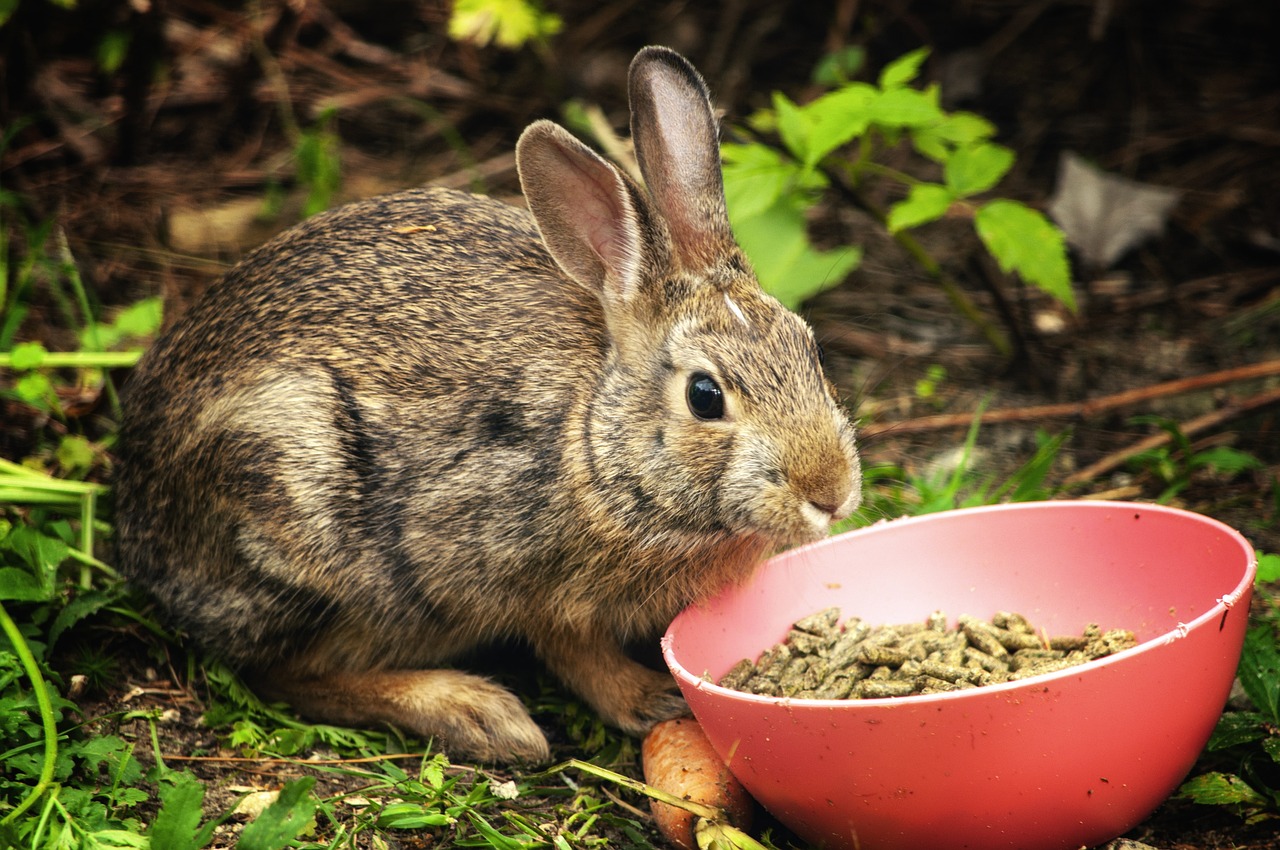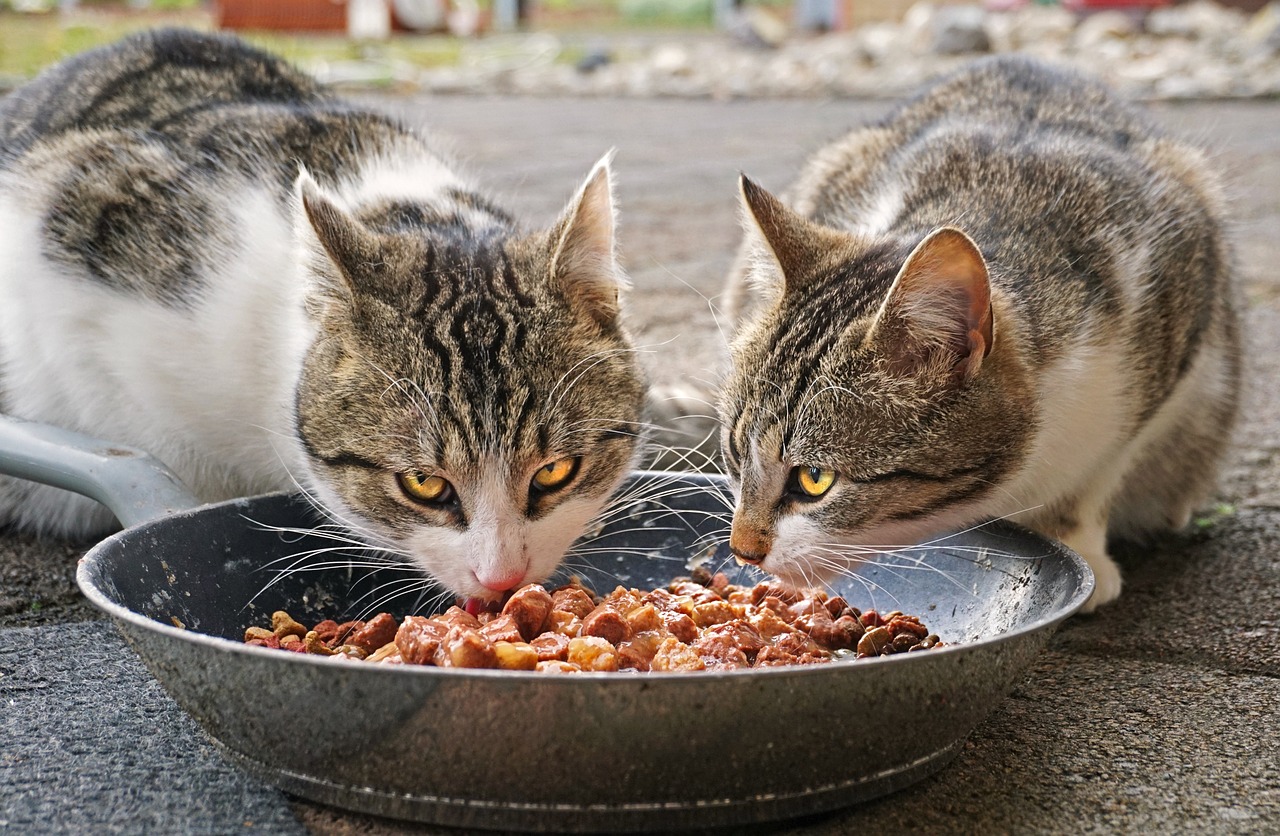In today’s article, we’ll delve into the crucial topic of pet weight management and explore effective ways to ensure the well-being of your furry friends. It’s important to note that obesity in pets is a growing concern, and addressing it requires understanding, commitment, and knowledge. Let’s begin by understanding the seriousness of this issue and why it’s vital to maintain a healthy weight for your pet.
Understanding Pet Obesity
Consequences of Pet Obesity
Pet obesity can lead to a range of health issues, including diabetes, joint problems, and decreased life expectancy. It affects both dogs and cats.
Common Causes of Pet Obesity
Learn about the factors that contribute to pet obesity, including overfeeding, lack of exercise, and breed-specific risks.
The Importance of Healthy Pet Weight
Impact on Overall Well-being
Discover how maintaining a healthy weight positively affects your pet’s quality of life, including increased energy, reduced risk of diseases, and enhanced longevity.
Recognizing Obesity in Pets
Body Condition Scoring
Understand how to assess your pet’s body condition and identify signs of obesity. Learn about different scoring systems for dogs and cats.

Healthy Diet Choices
Appropriate Pet Food Selection
Explore the importance of selecting the right pet food, including the role of protein, fiber, and nutrients in your pet’s diet.
Portion Control
Learn about portion control techniques and feeding schedules that prevent overeating and maintain an ideal weight.
Regular Exercise for Pets
Ideal Exercise Routines
Discover exercise routines suitable for your pet’s breed and age, helping them burn calories and stay active.
Playtime Activities
Explore engaging playtime activities that not only promote weight management but also strengthen your bond with your pet.
Veterinary Consultation
Role of Veterinarians
Learn how veterinarians play a pivotal role in your pet’s weight management journey, offering expertise and guidance.
Tailored Weight Management Plans
Understand how veterinarians create personalized weight loss plans and provide regular check-ups.
Weight Loss Strategies
Gradual Weight Reduction
Explore safe and gradual weight reduction strategies to avoid complications and setbacks.
Monitoring Progress
Learn how to monitor your pet’s progress and make necessary adjustments to their weight management plan.
Challenges in Pet Weight Management
Overcoming Common Barriers
Identify and overcome common challenges that pet owners face when striving for their pet’s weight management.
Success Stories and Testimonials
Read inspiring stories of pet owners who successfully managed their pet’s weight, showcasing the positive impact on their lives.
Emotional Connection with Pet’s Health
Understand the emotional connection between pet owners and their pet’s health and how it drives their commitment to weight management.
Tips for Weight Maintenance
Preventing Relapses
Get tips on how to prevent relapses and maintain a healthy weight for your pet in the long run.
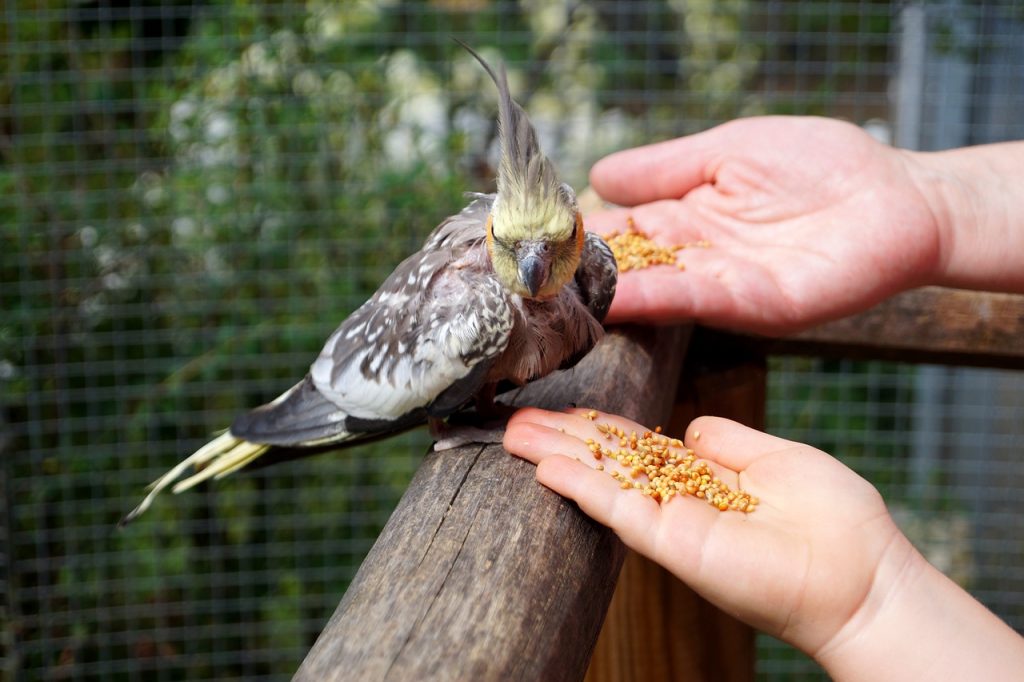
Holistic Approaches to Pet Health
Mental Stimulation
Learn about the importance of mental stimulation for your pet’s well-being and how it can aid in weight management.
Emotional Well-being
Discover how emotional well-being, love, and support are crucial aspects of pet health.
Pet Weight Management Resources
Online Tools and Apps
Explore the availability of online tools and apps that can aid you in tracking and managing your pet’s weight.
Supportive Communities
Find communities and support networks that can provide advice, encouragement, and shared experiences in pet weight management.
Conclusion
In conclusion, pet weight management is not just about the physical health of your pet; it’s about ensuring a longer, happier life together. By understanding the importance of healthy pet weight, recognizing obesity, making informed diet and exercise choices, and seeking veterinary guidance, you can help your furry friend live their best life.
FAQs
- What are the common causes of obesity in pets? Obesity in pets can result from overfeeding, a lack of exercise, breed-specific risks, and improper diet choices.
- How can I determine if my pet is overweight or obese? You can assess your pet’s body condition through body condition scoring systems or consult your veterinarian for a professional evaluation.
- Is there a one-size-fits-all approach to pet weight management? No, each pet is unique. Weight management plans should be tailored to your pet’s breed, age, and health status.
- What are some tips for maintaining a healthy weight in pets after weight loss? Preventing relapses involves continued portion control, regular exercise, and close monitoring of your pet’s progress.
- How can I find supportive communities for pet weight management? You can explore online forums, social media groups, and local pet clubs to connect with like-minded pet owners on the same journey.
